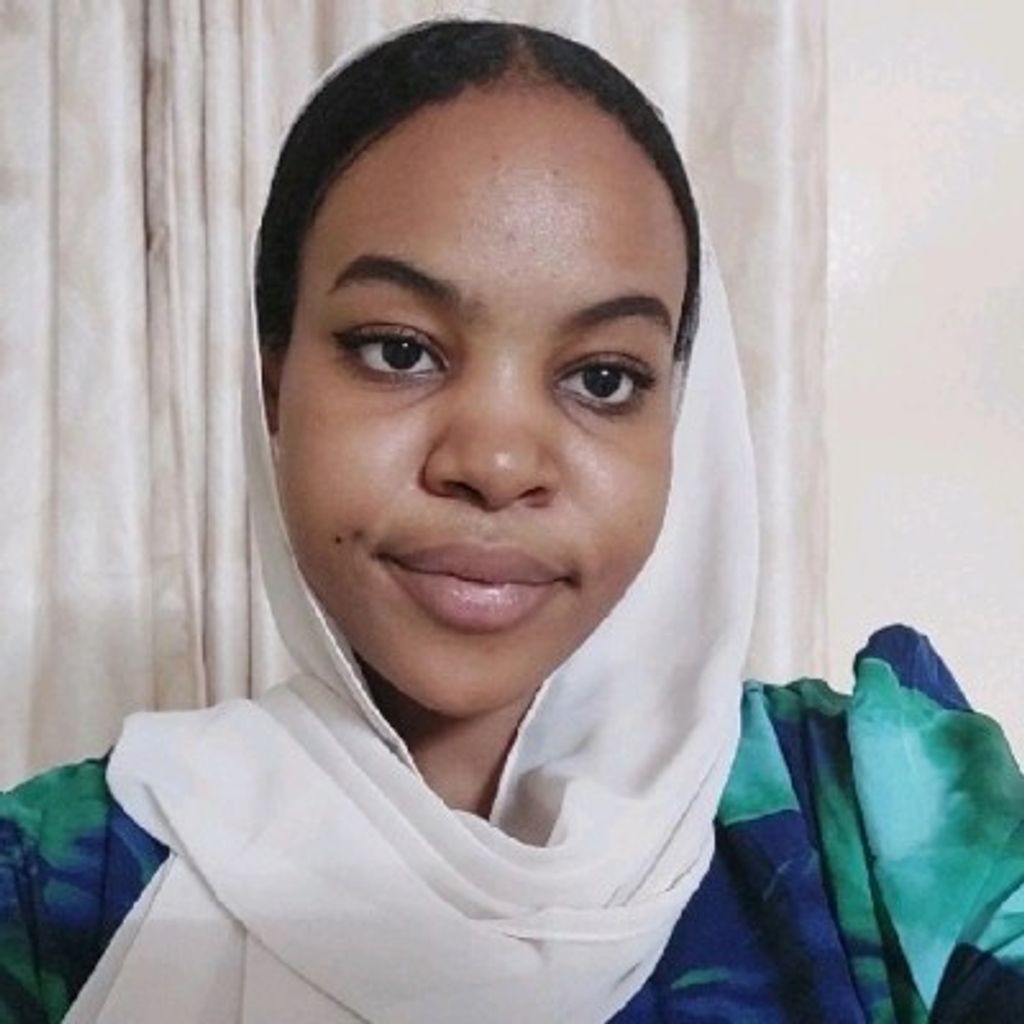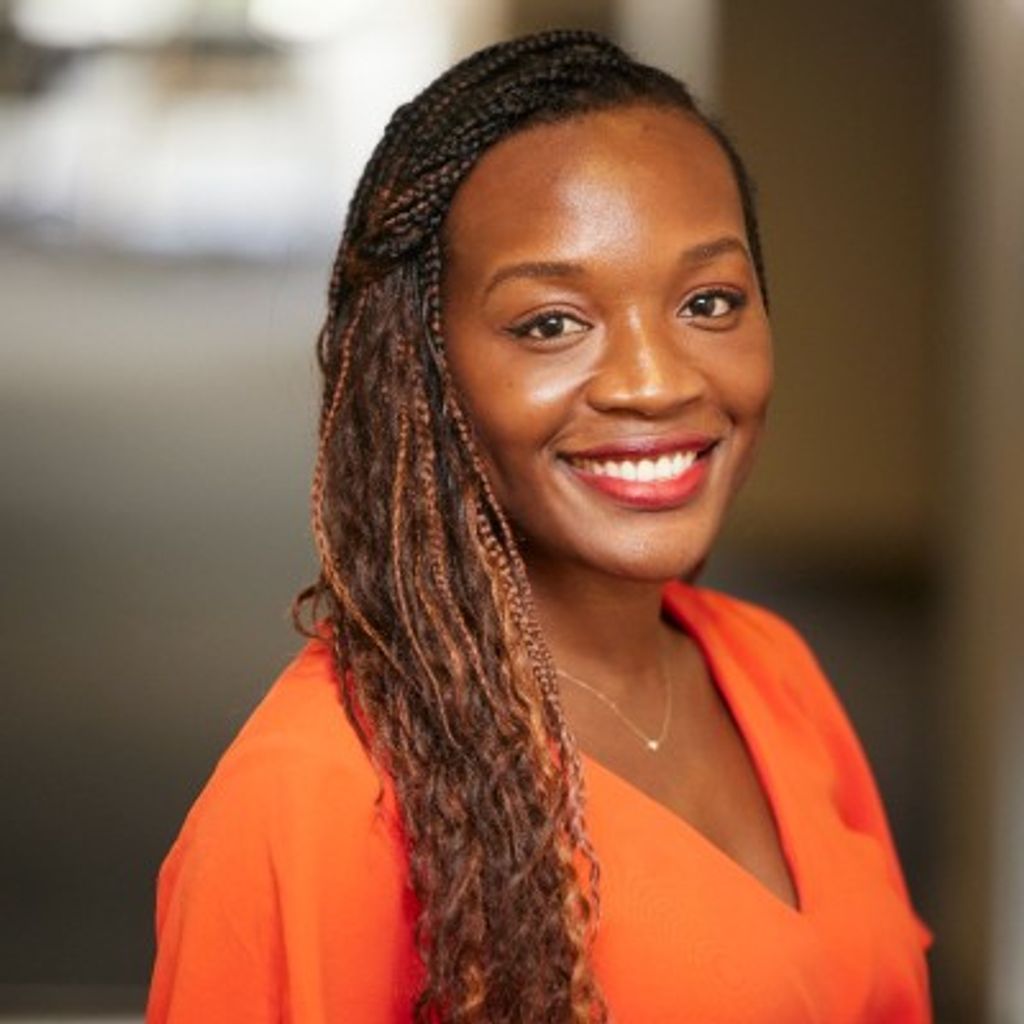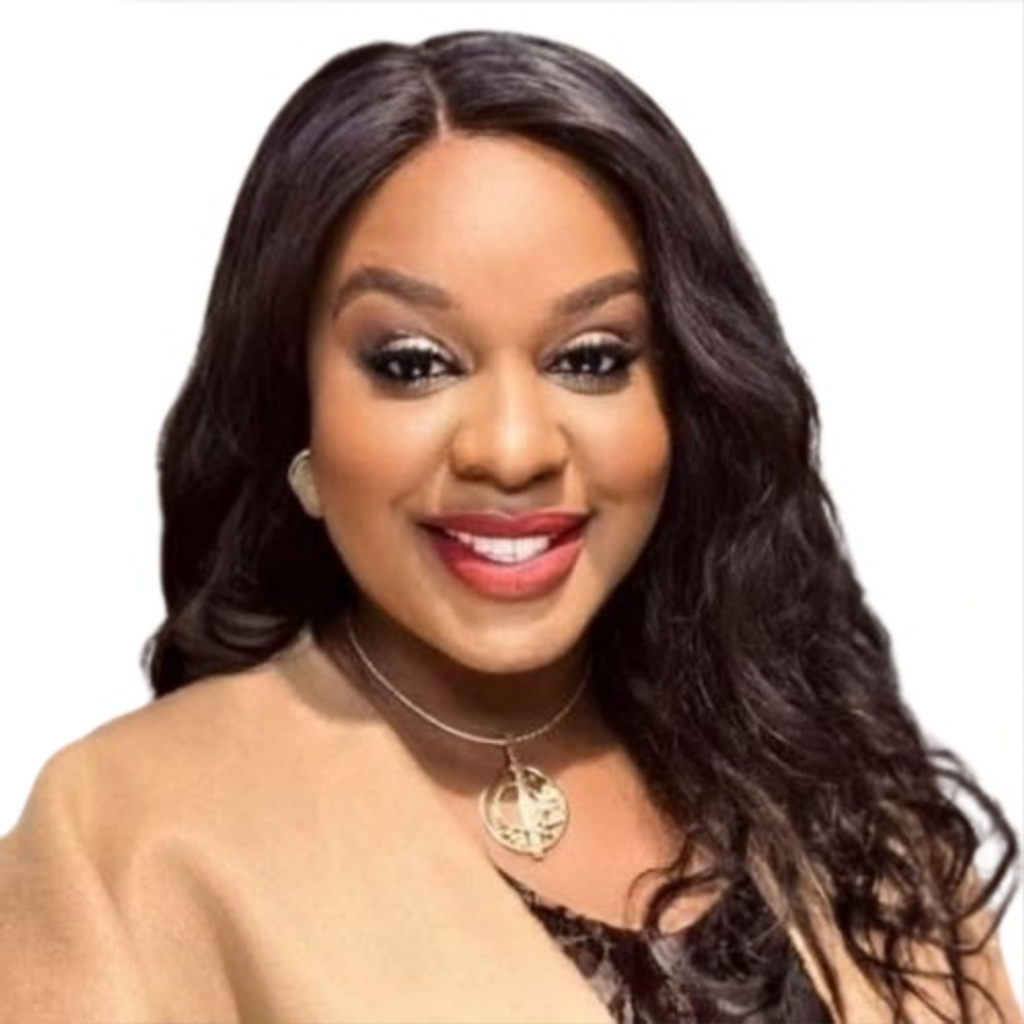Spotlight: AI Ethics & Policy in Africa Course Scholarship Recipients
NewsA central conversation at last year's OECD-AU AI Governance Dialogue was how policies could leverage AI’s benefits to empower African women while also mitigating its risks. Technology should be socially beneficial, and the history of peacekeeping and development shows that the net social benefits tend to be greater if women are centrally involved in leadership positions. We need to change the incentives driving the field and industry of AI, which are leading to technology. Our Executive Director Dr. Rachel Adams shared. For AI to uphold inclusivity, women must be part and parcel to policy formulation and conversations. The nuances of ethics from the African perspective also play an important role in ensuring cultural norms and values deeply held by the society's AI impacts are at the heart of these policies.
Linda Bonyo, the Founder of Lawyers Hub in this interview with the Tech Policy Press shared that in both the African and global contexts, women have the potential to shape an inclusive AI ecosystem, one of her key recommendations was to strengthen institutional capacities through capacity building.
A core mandate of the Global Center on AI Governance’s flagship project, the African Observatory on Responsible AI is to cultivate expertise among African policymakers. Through its 'Women in Focus' initiative, the Observatory proudly awarded scholarships to five distinguished African women leaders in the AI and policy sector. Selected from more than 1000 applications, these scholars participated in the AI Ethics and Policy in Africa course. They represent a broad spectrum of expertise, including engineering, international development, and law, and bring perspectives from across different African regions delivered in partnership with the University of Cape Town's Ethics Lab.

Atika Abdalhalim Elshazli Yahya
Occupation: Recent Electronic Engineering Graduate
Country: Sudan
“The program equipped me with the ethical frameworks and policy knowledge necessary to develop AI tools that serve Africa’s diverse populations. It also connected me to networks that can support my mission of launching inclusive AI initiatives in Sudan and beyond, including contributing to national and continental policy on ethical AI. “Atika Elshazil
Atika is a recent Electronic Engineering graduate from Sudan University of Science and Technology, where she specialized in computers and networks. Her final year project focused on breast cancer detection using deep learning. This project exposed her to the pressing ethical issues in AI, particularly data bias, as the available datasets lacked representation of African populations. As a woman from a war-affected and displaced background, she believes innovation must be inclusive and context-aware. Atika aspires to use her skills to build AI systems that reflect Africa’s realities and to advocate for responsible and inclusive innovation across the continent. She is especially committed to creating open-access diagnostic tools and local datasets.

Occupation: International Development Specialist - Gender, Innovation & Tech Entrepreneurship
Country: The Gambia
“I believe the AI Ethics and Policy course will significantly impact my work, particularly in supporting African youth and women tech startup founders. I aim to ensure that the AI solutions, tools, and technologies these founders use are contextually relevant, fair, data-driven, and non-harmful. The course provided me with the critical knowledge needed to navigate the ethical implications of AI deployment and advocate for responsible innovation. It also helped me develop gender-inclusive AI strategies that consider the specific needs of African communities. I look forward to gaining a deeper understanding of how to contribute to policy formulation that protects all Africans from digital harms, ensuring ethical AI practices are prioritized in the continent's growing tech landscape.” Sainabou Jallow
Sainabou Jallow, originally from the Gambia – is an International Development Specialist with over eight years of experience in implementing innovation and entrepreneurship support programs across Africa. She most recently served as the full-time Coordinator Consultant of the African Development Bank’s Innovation & Entrepreneurship Lab, where she supported the implementation of capacity building initiatives focused on supporting youth and women entrepreneurs to gain the technical skills and funding needed to build scalable and impactful businesses that create jobs in their communities.
Her expertise spans project management, stakeholder engagement, and capacity building for tech hubs and startups. Sainabou previously worked with the United Nations Foundation with a focus on supporting digital transformation strategies with governments in Kenya, Somalia, and Djibouti to enhance inclusive public service delivery.
She also served as the Network Manager at Technopolis Group, where she was part of the project implementation unit responsible for delivering three European Commission-funded initiatives aimed at strengthening innovation partnerships between Europe, Africa, and South Asia. Sainabou managed a network of 200 innovation hubs - organizing networking events and launching thematic challenges to foster collaboration on tech innovations that address the UN SDGs.
Sainabou holds a Master’s degree in Development Studies from SOAS, University of London, and dual Bachelor’s degrees in Economics and International Affairs from the University of Georgia, USA.

Occupation: Lawyer, Advocate of the High Court Kenya
Country: Kenya
“I aim to leverage the insights on ethical frameworks to contribute to AI's responsible development. The course is imperative to my work on the governance of AI agents, particularly ensuring they operate within legal parameters. I plan to apply this knowledge to assess the capacity of AI-driven cyber insurance. I am eager to utilize this learning and to not only advance my career but also to 'pay forward' by contributing to the broader discourse and ultimately also sponsoring those from underserved economies.” Nimo Kering
Nimo Kering' is a legal professional specializing in the intersection of technology and law, and is currently serving as a Consultant on AI, Data Privacy & Cybersecurity. With an LL.M in IP & Technology Law from the University of Pennsylvania Carey Law School and an LL.B from Strathmore University, Nimo possesses a strong academic foundation, further complemented by Certifications from Wharton Business School and a Post Graduate Diploma from the Kenya School of Law. Nimo's experience spans roles including a Secretariat Legal Clerkship at the Singapore International Arbitration Center (SIAC) in Singapore and an Associate at Dentons. Nimo's research explores the impact of AI on global power structures, AI-driven cyber insurance, and on liability of AI agents.

Occupation: Legal Practitioner
Country: Namibia
"The AI Ethics and Policy course will be a critical asset to my corporate governance and Namibian law reform work. As an advisor to board directors, it will help me guide boards to think more carefully and responsibly about how they oversee the use of AI in their organisations. I want to ensure that directors not only manage the strategic risks of AI but also uphold ethical standards of accountability, transparency, and fairness as part of their fiduciary duties.
The course will also enhance my ability to contribute to Namibia’s AI policy development. It is imperative that our national frameworks are not merely copies of foreign models but are founded on African values such as community, dignity, and collective responsibility. I want to help shape policies that ensure AI development in Namibia genuinely serves our people, protects our social fabric, and reflects who we are." Chisom Okafor- Obiudo
Chisom Okafor-Obiudo is a corporate governance specialist and an admitted legal practitioner with more than a decade of experience in the legal sector. She serves as Chief Legal Officer and researcher at the Namibian Law Reform and Development Commission, where she leads transformative legal reforms and shapes national policy frameworks to modernise Namibia’s legal landscape. As a member of the United Nations Ad Hoc Committee on Cybercrime, Chisom has played a key role in shaping international legal frameworks and demonstrating her influence on the global stage. As a governance thought leader, she contributes influential columns to leading Namibian publications and develops educational material for the Namibian Institute of Corporate Governance, promoting enhanced boardroom practices and strengthening governance standards nationwide.

Occupation: Lawyer
Country: Kenya
“The AI Ethics and Policy Short Course presented a unique opportunity for me to deepen my expertise in AI governance, gain insights from leading experts, and collaborate with other African women who share a commitment to ethical AI leadership. The course enhanced my ability to critically assess AI-related risks, develop policy recommendations, and advocate for responsible AI practices within African legal and policy frameworks. Receiving this scholarship significantly contributed to my career and my broader goal of ensuring AI is developed and deployed in a way that protects human rights, promotes fairness, and bridges the digital divide for African women. With the knowledge and networks gained from this course, I intend to spearhead initiatives that advocate for gender-inclusive AI policies, engage with African policymakers to integrate ethical AI considerations into legislative frameworks, and contribute thought leadership on responsible AI governance through research and publications.” Veronica Shiroya
Veronica Shiroya is a dynamic legal professional with a keen interest in the intersection of technology, law, and human rights. She currently serves as a lawyer at Microsoft, where she works at the forefront of policy and regulatory engagement around emerging technologies. Her work focuses on AI governance, data protection, and cloud compliance across various African jurisdictions, contributing to Microsoft’s commitment to responsible and inclusive tech development. Before joining Microsoft, Veronica was a leading advocate in the digital rights space, serving as the Digital Rights Advisor at Safe Online Women Kenya, where she championed privacy rights and protections against technology-facilitated gender-based violence. Veronica holds a Bachelor of Laws from the University of Nairobi and a Post-Graduate Diploma in Law from the Kenya School of Law. She is an Advocate of the High Court of Kenya, licensed to practice in Kenya. She is passionate about ensuring that AI systems are ethical, inclusive, and contextually grounded, particularly in representing the needs and realities of African communities.
As we continue finding avenues to inclusive AI policies, a first step is to address the underrepresentation of African women in STEM related fields and more broadly in decision making positions throughout the AI development cycle. These programs equip individuals with the critical knowledge and skills required to drive meaningful change and ensure more equitable AI outcomes.
We will be running another session of this course at the end of July 2025. Learn more about the course content and requirements and register here.
Additionally, we will also be partnering with the The Centre for Human Rights, University of Pretoria, to host an intensive one week long short course on Artificial intelligence and Human Rights in Africa on 27 – 31 October 2025. Learn more about this and secure your spot here Register here
If you would like to be kept updated about this and more opportunities coming from the Global Center on AI Governance, make sure to join our mailing list